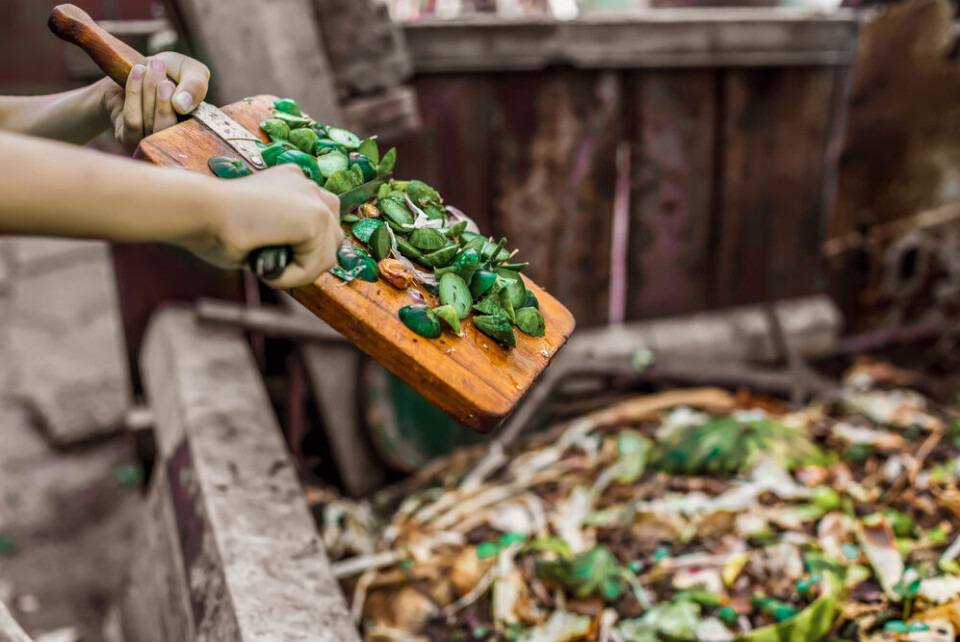-
From Oregon to Brittany: primrose nursery in France celebrates 90th anniversary
Barnhaven Primroses traces its history back to 1930s America
-
January flowers in your French garden with scented viburnum
Our gardening columnist explores a pretty pink shrub that gives long-lasting winter displays
-
How to dispose of bulky waste in France
Furniture, white goods…gas bottles? What counts as bulky waste and how to dispose of it
Obligatory new home waste rules in France: items not to compost
We look at items that pollute, do not decompose or kill helpful worms and bacteria

The new rules about managing organic waste in France mean that millions of people are depositing their biowaste for collection or preparing a compost pile.
We look at what types of waste should not go into a compost.
People in France have been obliged to sort their biowaste from January 1. This must go into a separate bin, which is either collected by the local authority or put into a compost pile.
Read more: Seven questions about new obligatory composting law in France
The various solutions for managing biowaste all come with their own rules:
- Places with organised municipal collection of biowaste, including some parts of Paris, rely on an industrial composting system, which can manage a wider variety of material. In some cases, this is used to make biogas.
- Places with collective composts, such as shared residences, usually have guidelines including lists of acceptable items
- People with individual composts must learn how to manage their own pile. Otherwise, the items will decompose slowly or not at all
If you have a collection system in your area, or use a shared compost, contact the local authority or compost manager to know exactly what should go in it.
Read more: Are you (and your council) ready for obligatory compost law in France?
What should you not put in the compost?
As a rule of thumb, a compost must be balanced between carbon-rich ‘brown’ matter, such as dry leaves, and nitrogen-rich green matter, such as vegetable clippings.
Too much of any one form of waste will unbalance the compost.
Some items are acceptable in small quantities, including:
- Meat, fish and bones: This waste decomposes slowly, and requires a high temperature. They can also attract animals that are not helpful, and so should be buried in the middle of the pile
- Oyster, Mussel and seafood shells: They are very beneficial to the soil but require a high temperature and a long time to decompose. If you put too many in a pile, they will accumulate
- Dairy products: Often a bugbear of composters due to their smell and reputation for attracting pests, dairy products can be composted. They should be mixed with straw or other fibrous materials to allow air to flow through them
However, certain items are to be avoided, unless your local authority explicitly accepts them for collection, including:
- Diseased plants
- Certain leaves including Black Walnut, Horse Chestnut, Beech and Holly, due to toxins they contain
- Wood ash, which can negatively affect the pH of a compost
- Plants treated by pesticides
- Pet faeces, except for vegetarian pets, such as rabbits and guinea pigs
- Rice, which favours the development of unhelpful bacteria
- Weeds
- Whole eggs, which can spread salmonella in the compost
A healthy compost pile should be warm and not smell unpleasant. If this is not the case, look again at our tips on the basics of composting.
Read more:
Rats are not attracted to compost heaps, assures French waste expert
Is everyone in France affected by new obligatory home waste rules?
























